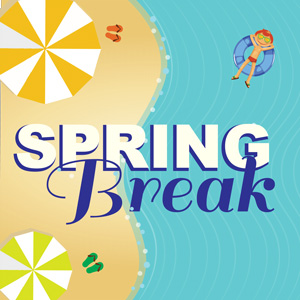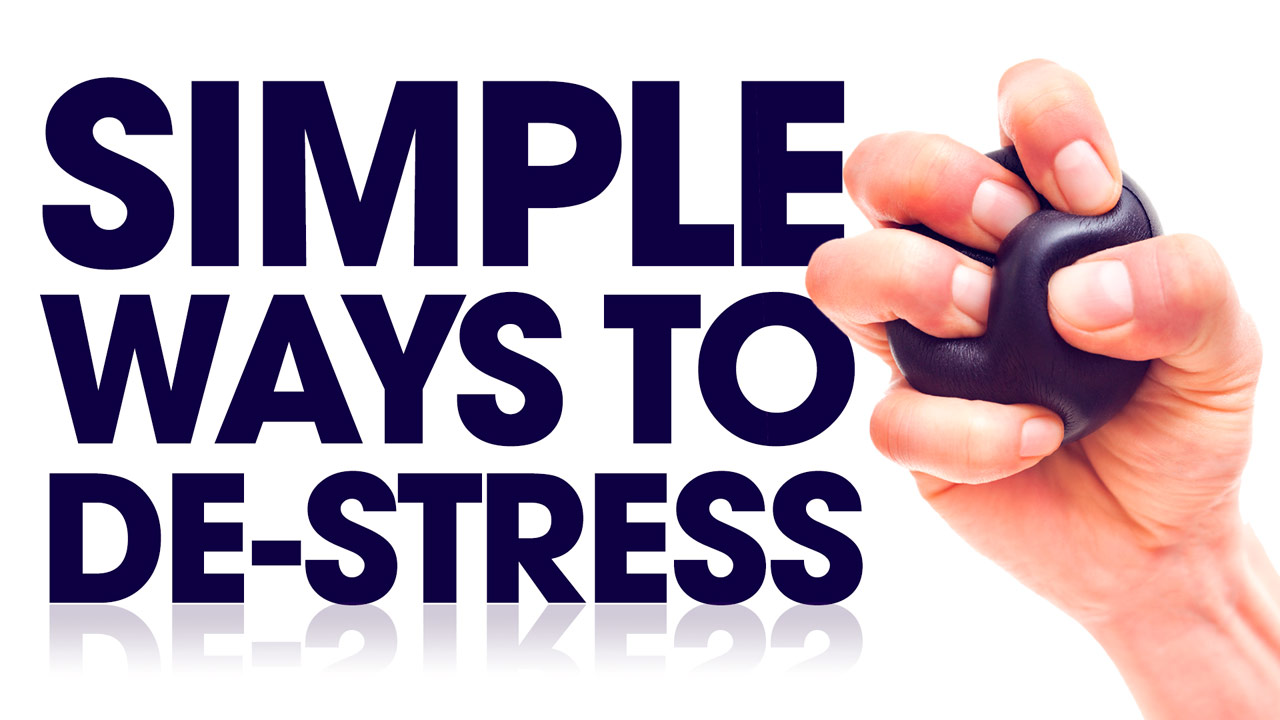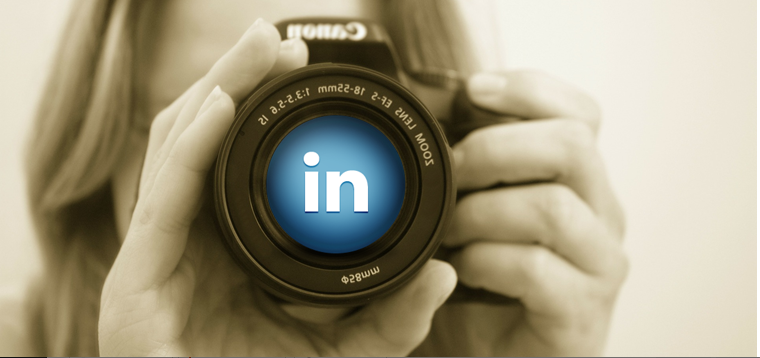By: Marie-Elise Milius

Procrastination is a major factor of stress and anxiety in students and adults. Why do we wait so long to complete assignments given to us with plenty of notice? Typically, it is due to our lack of self discipline. This is a common issue I face when working on school work. With self discipline, we are able to stay on task prior to due dates and reduce the stress that ultimately comes with procrastination.
Here’s a few tips to strengthen our self discipline:

Reduce Distractions While Working
Recognize what are your biggest distractions. Whether it be your phone, computer or a book you’ve been wanting to read. To avoid these distractions, you can say to yourself, “I will not turn my phone back on until I am finished this paragraph” or “I won’t take a nap until i’m finished reading this chapter.” Setting a boundary and limits on those discrations, will help you complete assignments and help you from leaving them till the last minute. Additionally, when you take those needed breaks, you will feel that you have earned them and it will be far more enjoyable.
Work in Sections
Working in sections will help you feel less stressed about an assignment. If you have an essay due in a week, force yourself to start it the day you get it and work on it little each day; maybe work on two paragraphs a day. By doing this you are able to get a head start and make progress each day. You may even complete the assignment early! Then you have extra time to revise and edit, or utilize the Macaulay Writing Services to enhance your essay. You can contact Cameron Stewart at Cameron.Stewart@mhc.cuny.edu for any additional help on writing projects. You can implement this tactic in all types of assignments.
Reminders
Have you read my blog post on the benefits of using a planner? If not, here’s a quick recap. Planners are helpful because they serve as a visual aid to keep you on task, and organize your day hour by hour. It is key to always carry your planner so you can stay up to task and add new entries at any moment. We are on our phones for almost 3 hours a day. Use that time to make reminders in what work and/or studying you have to complete for that day. You can use your pre-installed phone reminders or personalized apps such as Rembo, and Notify Me.
Reward yourself
Don’t forget to reward yourself at the end of each task. Doing work back to back for hours will feel like torture. It is recommended to take a 15 to 30 minute break. This will bring clarity and de-stress as your mind needs to recharge.
I hope these tips have helped. If you need more ways to decrease procrastination, check here.
—
Interested in writing a blog for the Career Development blog? It’s open to Macaulay students and alums. If you would like to contribute or have any questions, feel free to email Jamie.Ruden@mhc.cuny.edu.











































